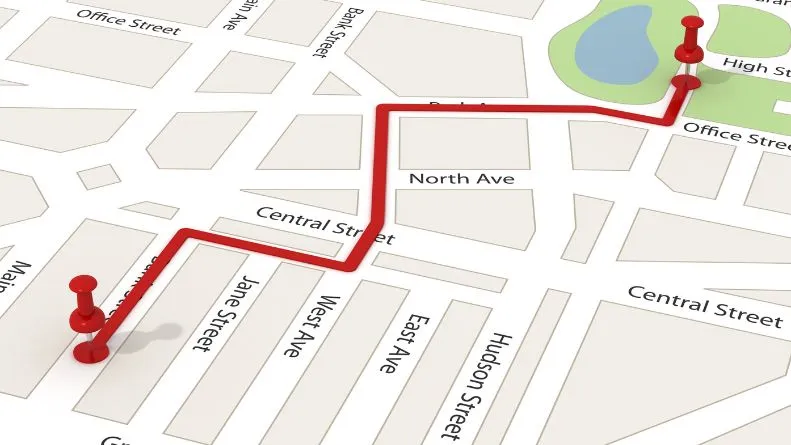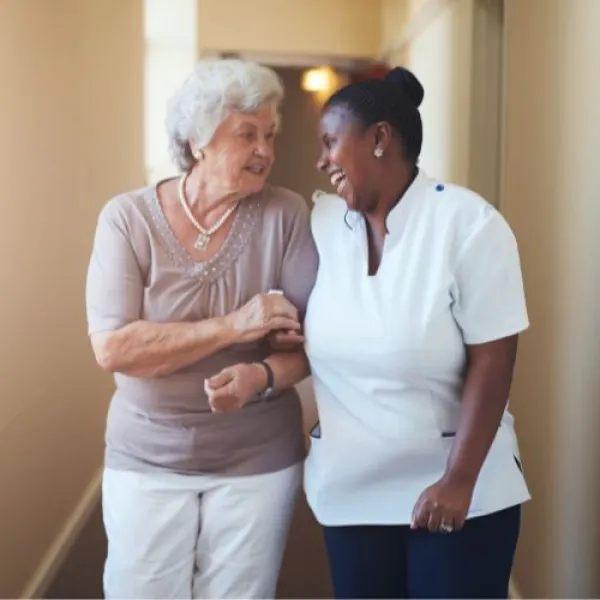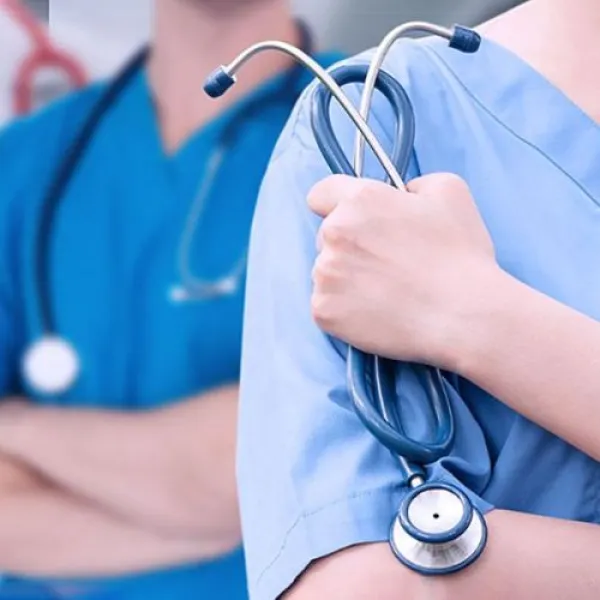Indoor wayfinding for hospitals
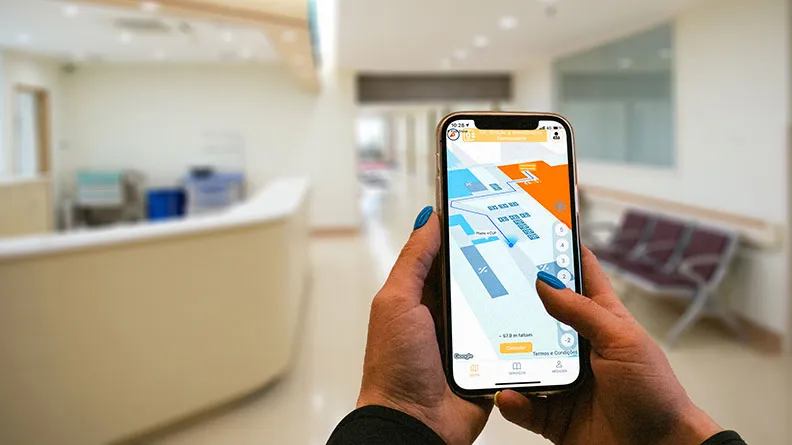
Benefits
Indoor navigation for wayfinding
As well as providing directions to help patients navigate their way through hospitals and other healthcare settings, the solution provides a range of additional features including movement analytics, personalized routes and heat maps to help improve the efficiency of buildings. It also integrates with the RFiD Discovery asset tracking platform to help staff keep track of vital equipment such as wheelchairs, stretchers and other assets.
The app is simple to use and helps users find the quickest and most convenient route to their destination.
Heat maps help healthcare settings to monitor the flow of people through their buildings.
Routes can be personalized to meet the accessibility requirements of users such as step-free access.
The integration with the RFiD Discovery platform helps staff keep track of vital equipment and it also enables the app to guide patients and visitors to the nearest available wheelchair.
Administrators are able to define areas that are closed off due to maintenance. The software uses real-time data to direct users to their intended location while avoiding the out of bounds areas.
How does it work?
Real-time navigation
The technology uses Bluetooth Low Energy (BLE) and Wi-Fi to pinpoint a person's location. By providing real-time navigation to patients who may not be familiar with the building reduces the number of patient no-shows or late arrivals which wastes clinicians’ time and can have a significant financial impact on the hospital.
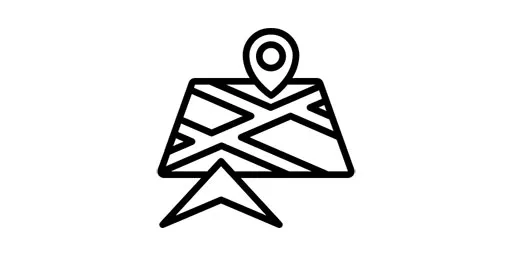
Tailored navigation
For people who require an accessible route, the software is able to provide a personalized navigation service, for example, suggesting stair-free routes to wheelchair users. In addition, the technology can be used by new staff or locums who are not familiar with the building to find their way around a hospital.
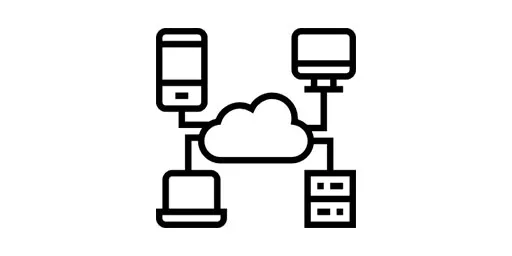
Integrates with the RFiD Discovery platform
The application integrates with the RFiD Discovery asset tracking platform to help staff keep track of vital equipment such as wheelchairs, stretchers and other assets. It can also guide patients and visitors to the nearest available wheelchair.

